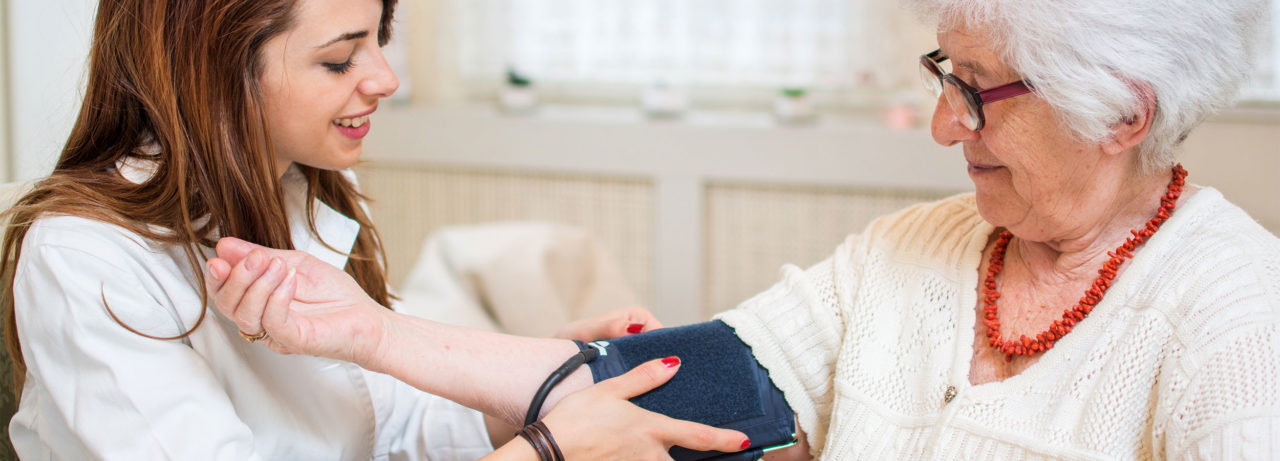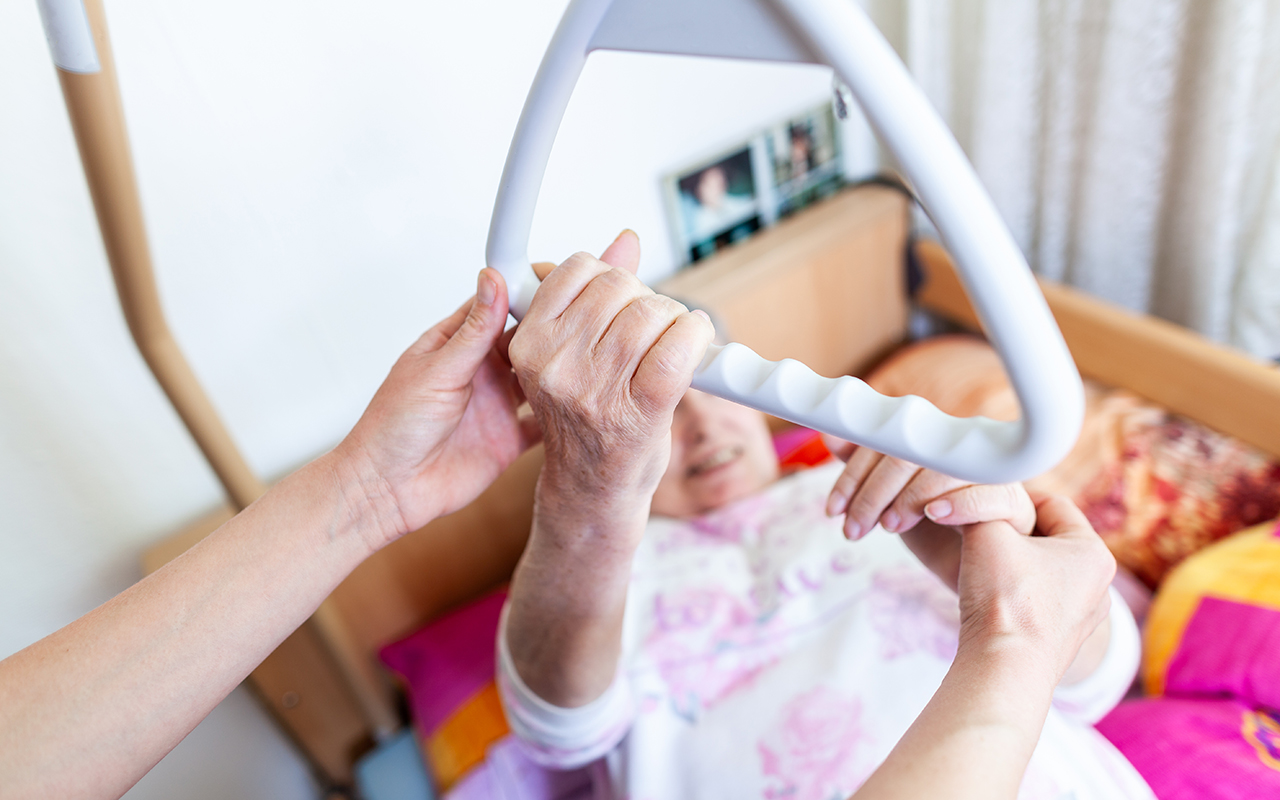Share
Over 70 million inpatient and outpatient surgeries are performed every year in the U.S., and 1.4 million patients contract postoperative infections. These infections increase the likelihood of re-admittance from 7 percent to 41 percent and put additional financial burdens on patients.
Registered nurses play important roles in preventing post-op infections by performing essential duties throughout the recovery process.
Guided Instruction for Wound Care
Once a patient has left the hospital, additional post-operative care is usually necessary. Care instructions are sent home with patients, and hospital nursing staff may demonstrate how to clean the surgical site and change the dressing.
However, hospital proceedings are known for being hectic, and one-on-one instruction in the home following patient discharge can be beneficial. In these cases, a registered nurse, Certified Nursing Assistant (CNA) or Home Health Aide may be brought on as a professional in-home caregiver for a short time to guide patients during the recovery period.
Patient Advocacy
Surgery often feels like a whirlwind to the patient, and having a nurse as a constant takes some of the confusion out of the process.
Certified caregivers are tasked with making sure proper care is provided following a procedure, checking up on patients at regular intervals and administering medications. Some caregivers can also act as advocates to bring the concerns of family to the attention of the doctor or surgeon if desired.
Recognizing Risk Factors and Signs
A registered nurse, Certified Nursing Assistant or Home Health Aide is trained to understand the specific risks associated with surgical procedures and knows the signs indicative of an infection.
By monitoring patients closely after surgery, these professional caregivers can alert doctors to situations requiring attention to prevent complications from becoming serious.
Certified caregivers are also available to provide information to family members regarding any additional medications or procedures necessary should signs of an infection be discovered.
If you or your loved one is scheduled to undergo an outpatient surgery, Caring Home Care can help! We can match you with a certified caregiver that can help ensure proper care and lower the risk of infection after surgery. Learn more today
How Caregivers Can Reduce Injury While Assisting Seniors Providing daily care for seniors is meaningful work. It can also be physically demanding. Many caregiver injuries happen during lifting, transferring, or repositioning seniors. These injuries are often preventable when proper techniques are used. Learning caregiver injury prevention strategies protects both the caregiver and the senior. It
Build a Caregiver Support Network: Finding the Help and Encouragement You NeedCaring for a loved one is one of the most meaningful and selfless things you can do. But being a family caregiver can also be emotionally, physically, and mentally draining. Whether you’re new to caregiving or have been doing it for years, building a
The Role of Respite Care: Supporting Caregivers and Seniors Caring for an aging loved one is an act of love, patience, and dedication. However, even the most committed caregivers need time to rest, recharge, and take care of their own needs. This is where respite care for caregivers plays a vital role. By offering temporary
Emotional Challenges of Caregiving Understanding and Coping with the Emotional Toll of Being a Caregiver Caregiving is one of the most rewarding roles a person can take on. It allows individuals to provide meaningful support to a loved one in need. However, it also comes with significant emotional challenges. Whether you’re caring for an elderly
Need A Caregiver? Fill Out Form Below
With our competitive rates, we make receiving in-home care affordable regardless of whether you’re using your insurance or paying out of pocket.









